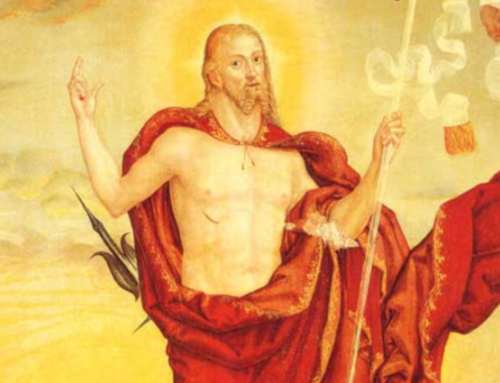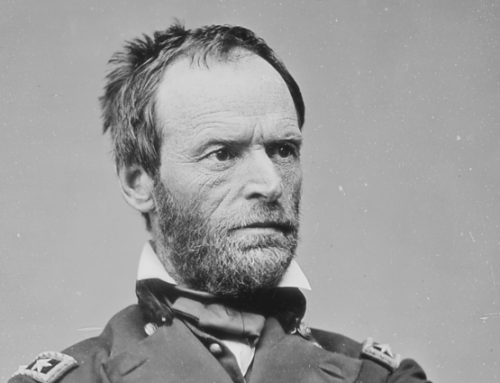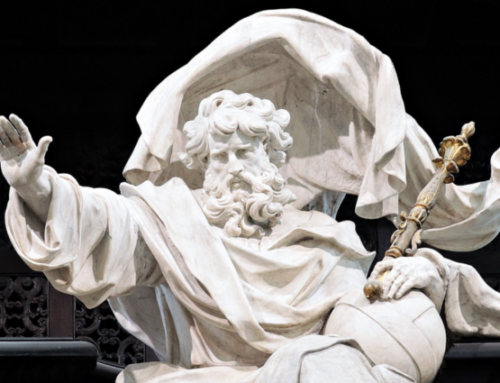May this Thanksgiving be a feast of many gifts, both in the families we love and in this great nation for which we pray…
Thanksgiving has always been an occasion when we offer God our gratitude for the many blessings He has given us. It is surely the most familial of our national holidays, but we give our thanks, too, as a nation. This dimension of our celebration has particular power, since it allows us to think of our great national diversity in terms of our unity. Diversity per se has never been the point of the United States; rather, the point has always been e pluribus unum, “out of many, one.”
It is moving, especially in these times, to imagine an entire nation united in the posture of gratitude. That unity is, of course, increasingly difficult to achieve. Many Americans have ceased to think of themselves as capable of prayer on a national level, but that is because they have either ceased to think of prayer at all or because they define their freedom as the right not to pray.
By contrast, when some calamity threatened to disrupt the public weal in the early Republic, the President would declare a national fast or day of prayer. The assumption, which remains the assumption behind this week’s holiday, was that God actually attends to the actions and intentions of citizens who sincerely address their prayers and hopes to Him. Certainly, many people prayed ardently before the recent national election, and evils that might have come to pass have been averted—one of the many things for which we thank God in this season.
But what lies behind this name Thanksgiving? What does it mean to give thanks? Certainly, it means to express gratitude. But thanks are in fact a gift—not a debt to be repaid, not an obligation, but something arising out of freedom. Several months ago, I wrote about an anthropology teacher who tried to teach my class that “reciprocity is the basis of all gift-giving.” In other words, he wanted to say that no gift is ever freely given, but always given either to pay back someone else’s gift or to exact some return from the recipient.
I think the wisdom in the word Thanksgiving refutes that constricted view. A gift, rightly understood, arises only out of freedom. In other words, it is equally possible to give it or not to give it. But thinking of not giving it is like thinking that moral freedom can only be expressed by not doing the good that God and neighbor both desire. Imagine a mother or grandmother at Thanksgiving expressing her freedom by not making her special Italian sausage dressing or the pecan pie with the buttery crust that everyone loves.
Much of our culture seems obsessed with this negative freedom—not having a child, not marrying, not going to church, not praying. But the truest use of freedom is to give with a whole heart, not simply as a duty but with a kind of wonder and exultation that one is free to do it.
Those of us at Wyoming Catholic College offer our thanks, first of all to God for the gift of His Son and for His Church, and next to all those who make the life of this college possible—our founders, our donors, our faculty and staff, our priests, our students and alumni, their parents, and our many friends in the local community and increasingly throughout the country. May this Thanksgiving be a feast of many gifts, both in the families we love and in this great nation for which we pray.
The Imaginative Conservative applies the principle of appreciation to the discussion of culture and politics—we approach dialogue with magnanimity rather than with mere civility. Will you help us remain a refreshing oasis in the increasingly contentious arena of modern discourse? Please consider donating now.








Leave A Comment